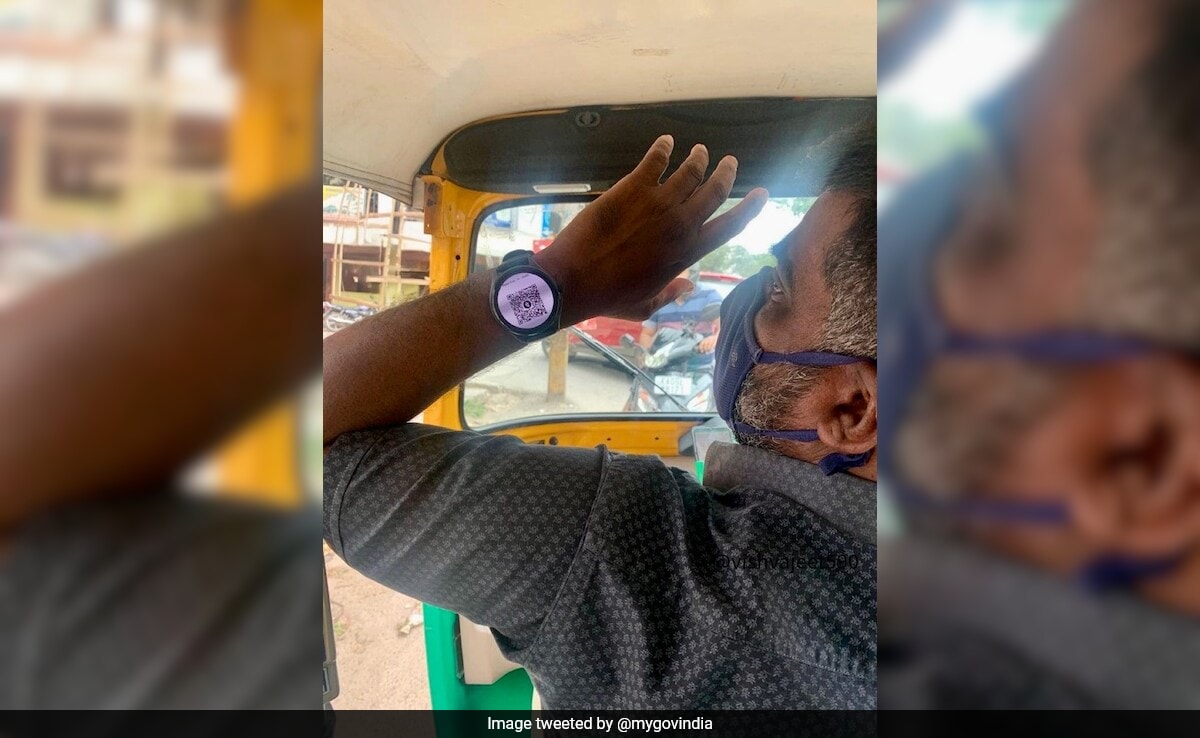In recent times, Bengaluru, the start-up capital of India, has become the subject of several internet memes that highlight things that could happen only in the city. Internet is flooded with incidents of ”peak Bengaluru” moments a term that is associated with the attention-grabbing incidents happening in the IT hub of India. In yet another instance of a “Peak Bengaluru” moment, a picture of a Bengaluru auto-rickshaw driver’s innovative approach to collecting fares through digital payments has gone viral. The picture, shared by MyGov India on X, shows the auto driver utilising a smartwatch with an embedded QR code scanner to effortlessly facilitate UPI payments.
”UPI Swag! Seamless payments, anytime, anywhere!” the tweet by MyGov India read.
See the tweet here:
UPI Swag!
Seamless payments, anytime, anywhere!#UPI #DigitalRevolution#DigitalIndia pic.twitter.com/vusSjul4q7
— MyGovIndia (@mygovindia) September 21, 2024
Social media users praised the auto driver’s forward-thinking strategy, with many noting Bengaluru’s consistent leadership in embracing technological advancements and shaping India’s digital future.
”This is the magic of Digital India,” one said, while another wrote, “This is why Bengaluru is a tech city.” A third commented, ”He is a rockstar, while a fourth added, ”Wow, now I accept that India has become digital.”
UPI stands for Unified Payments Interface, a real-time payment system developed by the National Payments Corporation of India (NPCI). This system powers multiple bank accounts into a single mobile application (of any participating bank), merging several banking features, seamless fund routing and merchant payments into one hood, according to NPCI.
The digital payment growth continues to surge and Unified payments Interface (UPI) is now adding up to 60 lakh new users every month. UPI processed nearly ₹ 81 lakh crore transactions in the April-July period this year, which is a staggering 37 per cent increase (year-on-year). According to Dilip Asbe, CEO of National Payments Corporation of India (NPCI), UPI has the potential to touch 100 billion transactions in the next 10-15 years backed by credit growth.














